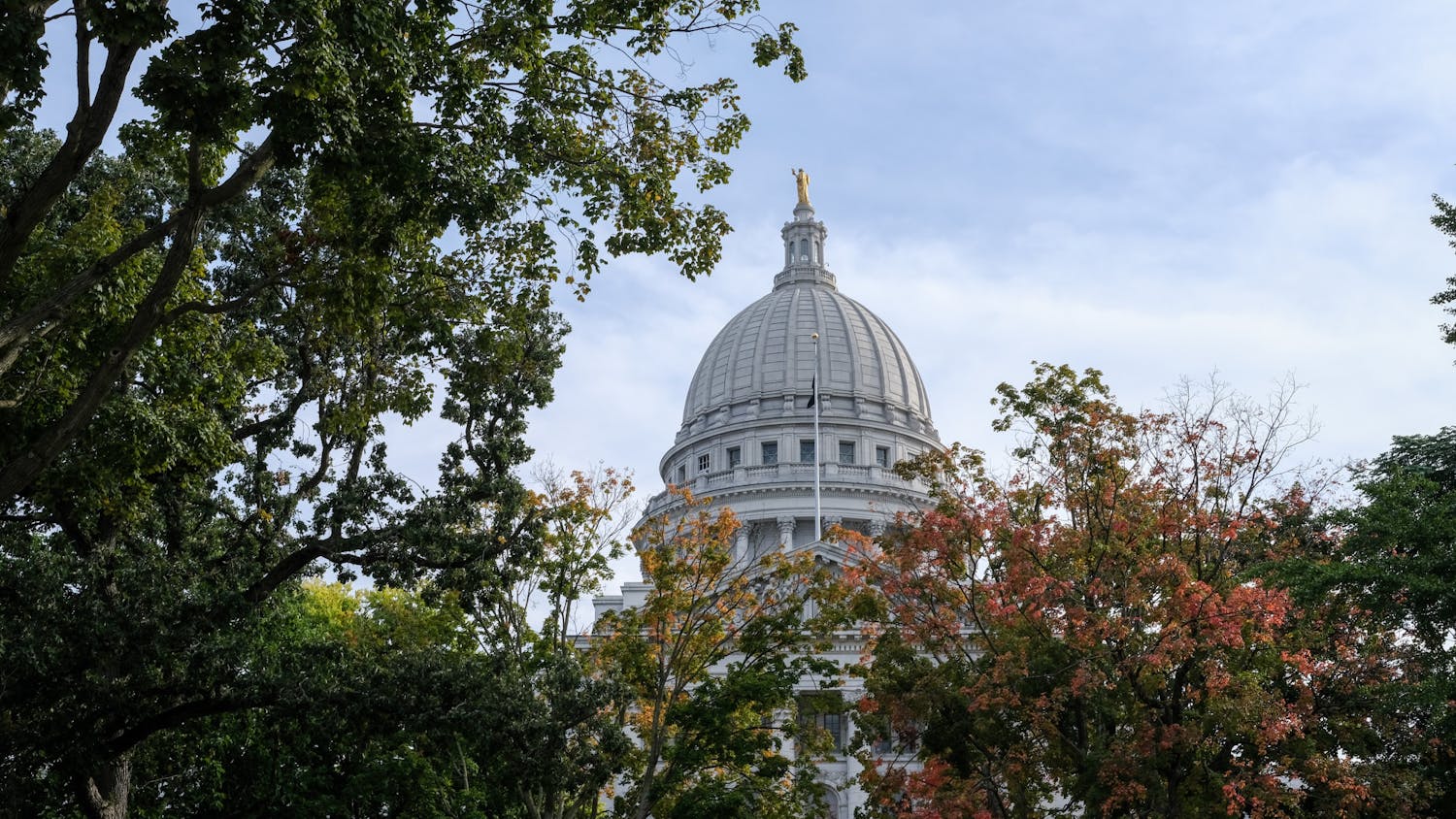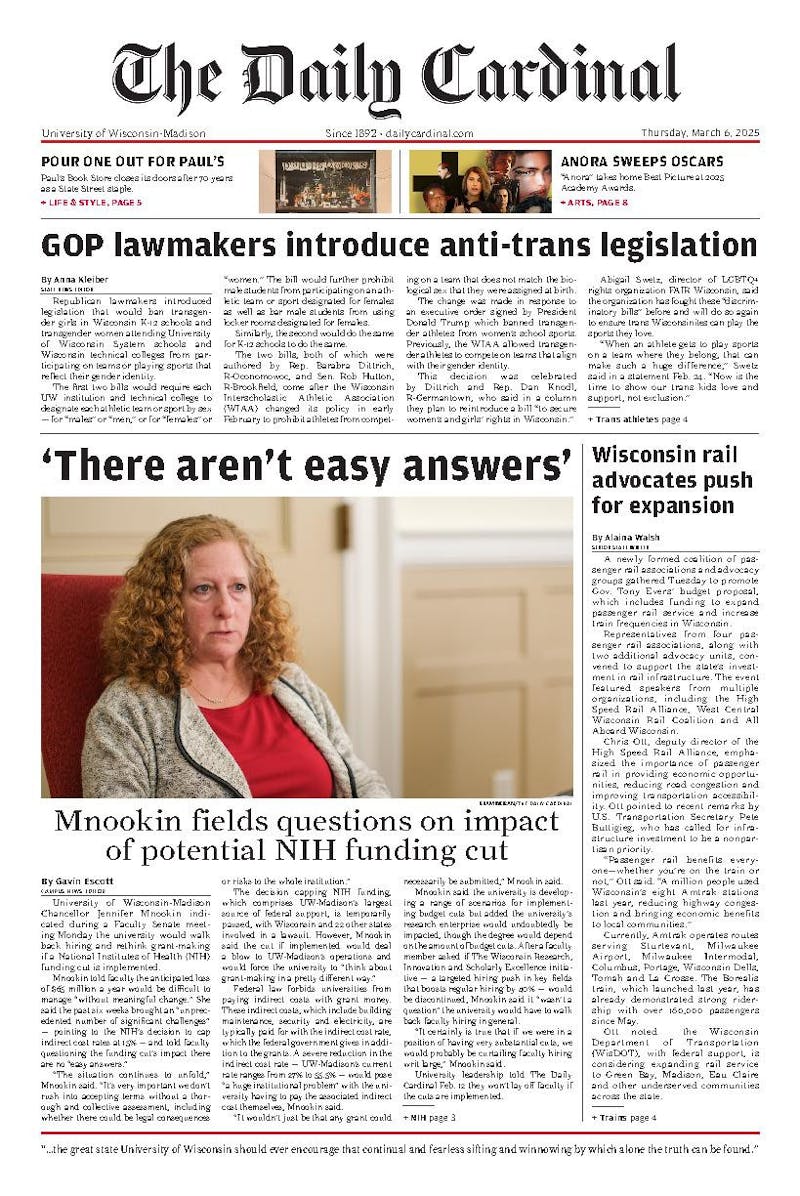When I mention the word \science"" to people, I sometimes notice their eyes glaze over. I can imagine what they might be thinking: ""Aw, geez, I don't want to talk about science. Science is difficult, science is boring, science is for people smarter than I am. Let's change the subject.""
I don't blame them. Too often, science is presented as a series of complicated equations or as a list of meaningless kingdoms and phyla to memorize. Science seems to be the realm of the educated elite, of gray-haired men in white lab coats who use terms like nano-whatever and genetic such-and-such. Science is something ""they"" do, but it's not relevant to me, we think.
But science is intensely relevant, more than the average person realizes. People who avoid doing the work it takes to understand it leave themselves vulnerable to those who would interpret science inaccurately or twist its results for unscrupulous ends.
Let's consider a hypothetical example. Suppose you read a news article in which a scientist claims that consuming a new artificial sweetener increases your chances of getting cancer tenfold. Would you boycott the sweetener? Would you try it first to see if it's sweet enough to be worth the risk? Would you wait and hope for more research to the contrary? Would you figure that you have to die sometime, so why not live life in the fast lane?
One thing you should do is demand clarification: Is the tenfold increase relevant? Maybe the chances of getting that cancer naturally were one in a billion, but with the artificial sweetener, the chances become one in 100 million. Indeed, that's a tenfold greater likelihood, but the odds are still so microscopic as to be irrelevant.
Also, how did the researchers arrive at their conclusion? Did they feed rats such megadoses of sweetener that it would be equivalent to a person consuming 10 pounds of it a day? By demanding these simple pieces of information, you'd learn that you can safely ignore the research. Journalists frequently omit details like this, but if you know what questions to ask, you can easily become informed.
Another question to ask is, how legitimate was the research? Too frequently we remember the sound bite of a simple take-home message without questioning the message.
For example, consider how many people follow conventional advice by drinking-or trying to drink-eight glasses of water a day. Why eight? Because that's how much they say we need. Who the heck are ""they,"" and why should I believe them? After all, logic tells me that I've never drunk even half that volume a day in my life and I've never been on the verge of dehydration. Instead of accepting what ""they"" say at face value, we should ask tough questions.
Incidentally, The Wall Street Journal did ask the tough question: Where's the research that says eight glasses of water a day is the magic number? Is seven too few? Is nine too many? As it turns out, the ""they"" who put forth the magic number eight are not a group of independent scientists or doctors. ""They"" represent a consortium of bottled water companies who realized they could increase their revenues by convincing us to increase our water consumption.
How much water do we really need? The typical doctor will tell you to listen to your body: If you feel thirsty, drink water. If you're not thirsty, don't worry about it. If that sounds simple, it's because it is. Never discount your own observations to blindly accept what someone else wants you to believe. Question ulterior motives. Maintain healthy skepticism. Above all, trust your own logic and experiences.
On that note, dear readers, I bring to a close what has been an immensely enjoyable ride for me. I hope the Cardinal science pages have educated and entertained you, informed and enlightened you. Science is an adventure, and I thank you for letting me share that adventure with you. Good luck on finals, and no matter where life takes you, remember: Never be afraid to ask questions.
Dinesh Ramde, who is graduating with a Master's degree in journalism, is too manly to shed a tear. But if you'll excuse him, he has something in his eye.





